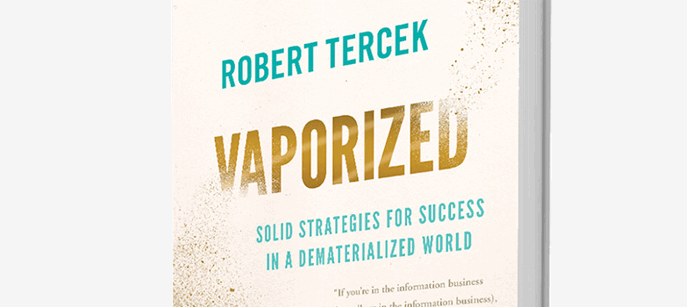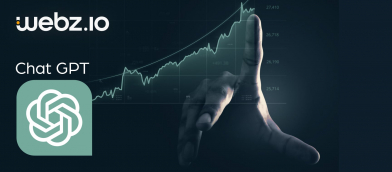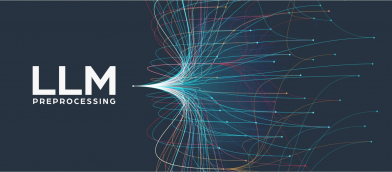Can Crawled Web Data Tell the Future?

Robert Tercek’s book Vaporized: Solid Strategies for Success in a Dematerialized World recently recently won GetAbastract’s 2016 International Book of the Year award at the Frankfurt Book Fair. Based in Hollywood, Robert has spent his entire career creating interactive content and inspiring others to do the same. He was kind enough to share a few words breaking down his approach to data-driven content generation and web data.
In the spirit of the open web, Robert self published his book and released the bulk of the content. It is so relevant to any data-driven business, reading it almost feels like Robert had Webz.io in mind. It would take months before Robert discovered how our service is relevant to his business (but that’s another story).
Robert Tercek on the Infonomics of Web Data
Originally coined by Gartner analyst Doug Laney, the term infonomics addresses the need to measure and manage information as an intangible financial asset. Although the information economy has been data-driven for years, our macro- and micro-economic models are still rooted in the 19th century. That means insurers, accountants, and even bankers don’t have practical tools to address the value of data. This crisis applies to measurement, management, and sadly even security.
In Vaporized, Robert reminds readers that Infonomics is core to any data-driven business model
Here’s what he said about putting a price tag on your data:
“Costs add up quickly, which makes it necessary for managers to quantify the value of data in order to justify these outlays. That’s easier said than done.”
Building on Laney, Robert suggests four ways to evaluate data as an intangible asset:
- Cost to replace it
- Monetary value on the open market
- Contribution to revenue stream
- Contribution to organizational efficiency
That’s precisely the challenge data integration managers face when it comes to making the classic build or buy decision regarding crawled web data. In fact, if you mismanage your data assets, they quickly become a liability.
How evaluating a data asset is different.
Here’s Robert’s reply to our questions about the problem of evaluating data as opposed to a traditional asset:
“Plenty of CEOs like to boast that “data is our biggest asset”, but if you ask the CFO to show you where data appears on the corporate balance sheet, you’ll get a perplexed response at best. The term “asset” is used too loosely in some organizations. Data can only be considered an asset if there is a tangible value associated with it in the company’s accounts. Many companies lack a way to estimate the value of their data assets, which can lead to a variety of negative consequences.”
The challenge is far from academic. We asked Robert to explain how data assets influence a company’s ongoing business operations.
“It costs a lot to gather, store, maintain and protect data. These costs are hard to justify when the company doesn’t have a way to measure what their data is really worth. If it’s not properly accounted for, data can be a liability. And that’s why so many companies underinvest in protecting and managing their data. Underinvestment leads to sloppy data, poor data hygiene and lax security around data. And that’s partly why 47% of US companies experienced a data breach in 2014.”
Parkinson’s Law in Infonomics
The decision process is even more challenging when the price tags aren’t even in the same ballpark. Over 50 years ago, Cyril Northcote Parkinson described how the same committee spent more time debating the bicycle shed than the costly nuclear facility. Now what would be the result if both promised to generate all the power they need?
It’s a challenge for most executives to accept that a $200 monthly OPEX item on the balance sheet can compare to millions of dollars in CAPEX and OPEX – not to mention outperform those legacy system. Paradoxically, getting approval for a superior self service solution can be easier than procuring a bulky legacy system that is ridiculously more expensive.
Learn more about the decision to buy crawled web data or build your own solution>





